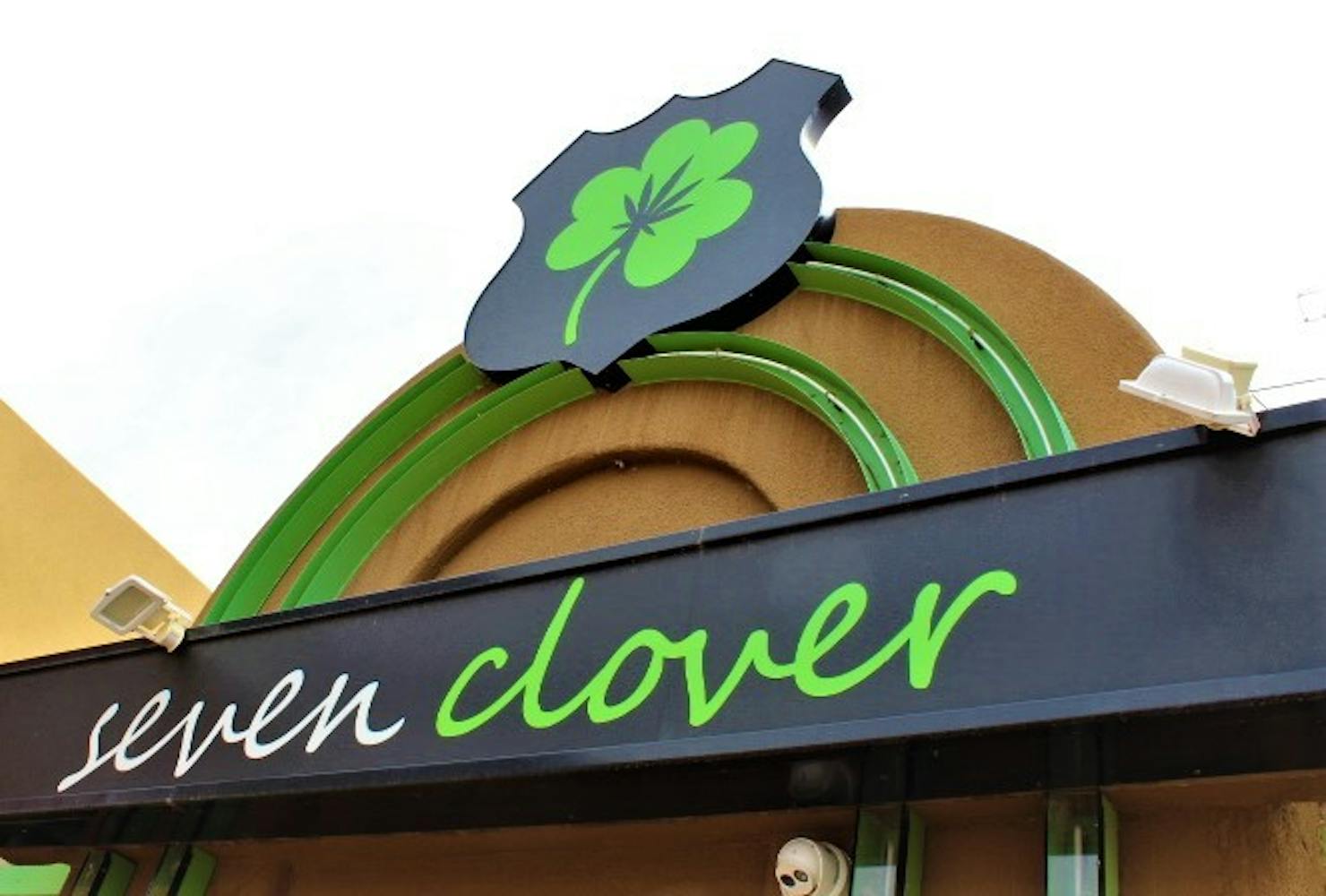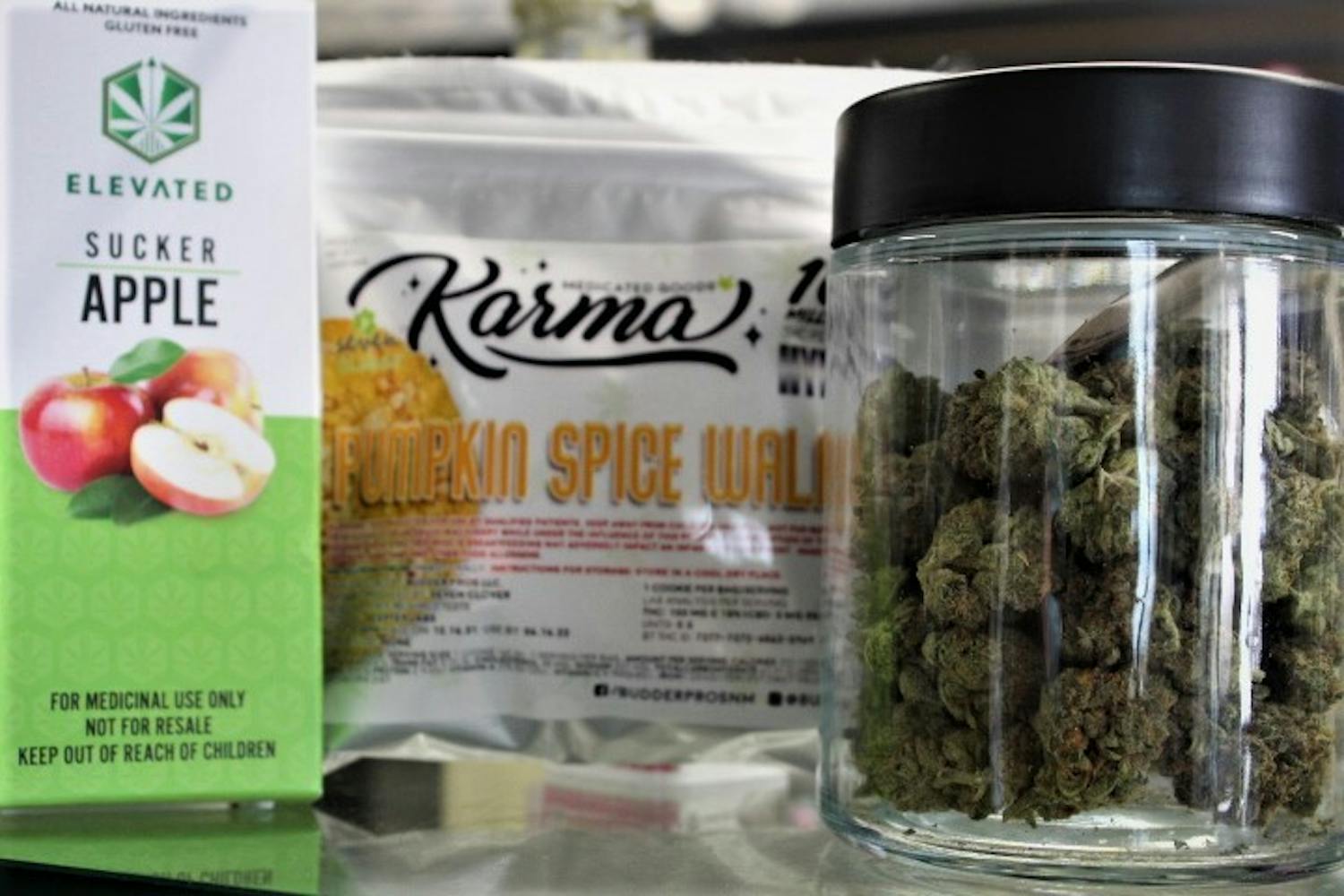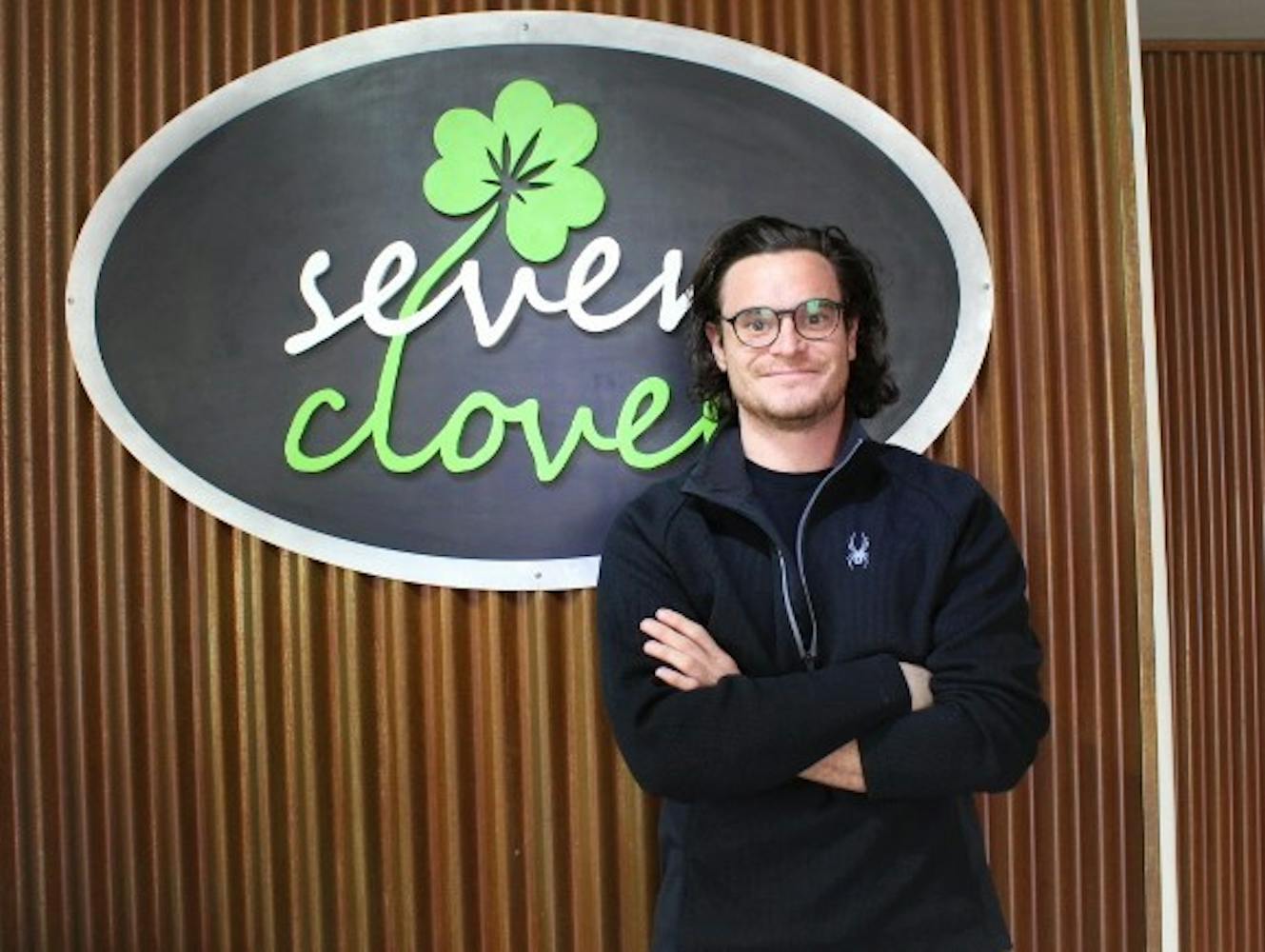Recreational cannabis storefronts opened on Friday, April 1, nearly a year after the legislation was passed in the roundhouse in Santa Fe during the special session to legalize recreational cannabis. The bill allows anyone 21 and over in the state to purchase 2 ounces (about 57 grams) of cannabis flower, 16 grams of extract and 800 milligrams of edibles at one time.
Many of the dispensaries in the state that are now able to start recreational sales were strictly medical prior to the new legislation and had to acquire a new license in the past year. Operations manager at Seven Clover dispensary Maxwell Griego said he felt this was not enough time for new dispensaries to get set up because of the amount of capital and resources that are needed to start up, leaving only mostly those with “very deep pockets” able to open when April 1 arrived.
“(Existing cannabis businesses) can go out and they can purchase swaths of land and build entirely new cultivation and production facilities. Was there enough time for mom and pop (stores), who've always eyed this as a really good opportunity for them? No, I don't think there was adequate time,” Griego said.
The New Mexico Regulation & Licensing Department has been creating programs and classes to help new cannabis mom and pop shops, and 239 cannabis-related licenses, including for producers, manufacturers and more, have been approved in the past year to non-legacy medical shops, according to deputy superintendent Victor Reyes.
“Our regulatory structure make(s) sure that we were doing the proper education — through seminars, through public outreach — for individuals that wanted to enter into the recreational market … who were what we consider to be the micro-producers and providing them whatever resources they needed to get into that process,” Reyes said.
Medical patients also remain a priority, with the bill requiring licensees allocate no more than 25% of cultivated cannabis to the medical program.
For Ultra Health dispensary, there are fears of running out of products due to the increased number of eligible consumers in the state.
“So, the big difference between medical and recreational patients is that the medical patients still take full priority. They get to skip the recreational line because it is strictly medicine for them. They also get access to all of the flower, the buds that are testing at over 20 to 21% THC, because our medical patients do (usually need) higher potencies based on whatever their specific condition is,” Brandon Ryberg, Ultra Health assistant manager, said.
Ryberg anticipates that the benefits of the surplus of money from the 12% cannabis excise tax will soon benefit the state as it has in places like Colorado and California. Almost $2 million in total sales were made on first day sales, according to New Mexico Political Report.
Griego said the new industry is going to be different from the sole medical market that existed before because now licenses are not going to be given on a supply-demand basis as they were with medical ones. He said this opening of the market will create more competition, with Griego anticipating a rise in applications for medical licenses because of the high recreational tax.
“I think (medical card applications are) going to taper off for a little bit because people are just going to be so excited to finally have legal healthy cannabis. But again, the tax on that is pretty high. It's only a matter of time before people realize, ‘I'm going to save a lot of money if I (get) a medical card,’” Griego said.
In terms of cannabis prices, Griego said street prices will have less of an impact than they originally did, but because of the already established medical industry, dispensers will be able to standardize their own prices going forward. However, Ryberg said there will still be trial and error involved with the start of recreational sales as supply attempts to meet the newfound demand.
Get content from The Daily Lobo delivered to your inbox
What makes this industry so different, according to Reyes, is that cannabis is still federally illegal, unlike alcohol or tobacco. He said that has caused dispensers to spend extra time ensuring everything is done properly. While it is an industry unlike anything else, the anticipation of seeing what will happen in the future is part of the excitement for Griego.
“People are going to trade futures based on cannabis, which is what I think. I don't know what it's going to look like. There's no way of telling,” Griego said.
Madeline Pukite is a beat reporter at the Daily Lobo. They can be contacted at news@dailylobo.com or on Twitter @maddogpukite








